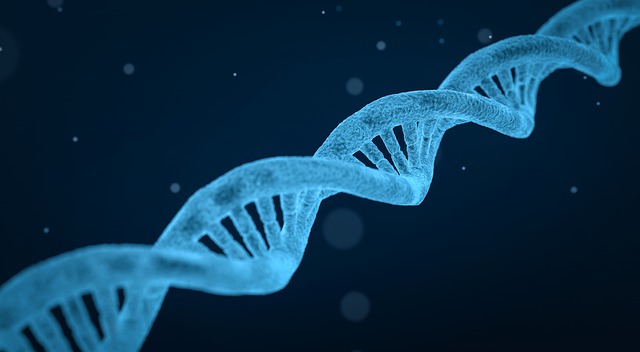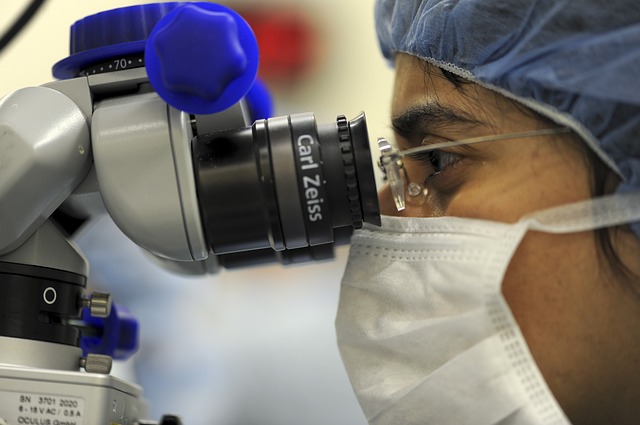One often reads about how DNA tests are carried out in legal cases and that the DNA reports are considered as incontrovertible proof.
Other test methods may be fooled but DNA tests are infallible in specific cases. DNA tests reveal a lot about an individual, whether he is dead, alive or yet to be born, provided DNA samples are available. Know about things that DNA Tests can reveal.
1. Ancestry and genealogical DNA test

- The DNA genealogical test checks locations of an individual’s genome to determine ethnicity.
- There are three tests such as autosomal, mitochondrial and Y.
- Autosomal DNA recombine and children receive one set from each parent, halving with each progressive generation. Genealogical DNA test checks for specific points in the genome and base pair identification.
- Results are matched with DNA databases that can tell you precisely you ethnicity and ancestry.
- If global databases have records of people with similar DNA, you know you have found relatives. You can also know your precise geographic origins DNA tests test genome at 7000000 maker locations and cross-reference them with the global database.
2. Paternity

- There may be doubts about paternity. It happens to couples. Establishing paternity may be important in legal inheritance cases. DNA testing here is infallible.
- Each child received half of the genetic information from each parent.
- Blood of the child and the parents are checked for STR profiles, specifically that of the baby and the father, especially pertinent in paternity cases. This and other DNA tests can be performed at https://www.crigenetics.com/ to get infallible proof.
3. NIPT DNA test

- The non-invasive prenatal testing gives infallible and incontrovertible proof about the unborn child.
- The NIPT DNA test can be done around the 10th week of pregnancy.
- Such DNA tests show the possibilities of various syndromes such as Downs Syndrome, Edwards syndrome and others that a baby to be born may be susceptible to.
4. Cancer risk

- Cancer is usually detected by biopsy and other methods when the disease has already taken hold.
- DNA test can detect the risk of cancer in advance by checking for mutations in BRCA1 and BRCA2 genes.
- The test screens for the presence of SNPS in BRCA genes.
- Cancer risk is assessed before cancer does happen and an individual can take preventive action to avoid becoming a victim.
5. Crime

- It may not be easy to identify if a certain suspect is really the culprit in a crime. He may be falsely accused.
- DNA test of semen, blood, hair, and nails can infallibly confirm whether a person is indeed a criminal or is innocent.
- DNA testing, in such cases, can help identify genuine culprits and provide justice to the victims.
6. Organ transplants

While organ transplants can be lifesavers, the operation is risky if the donor organ is not matched to the recipient.
- DNA tests can be more accurate in determining genetic matches between donor and recipients. The chance of rejection reduces if you rely on DNA tests.
- Relatives usually serve as donors but even then there is a chance of rejection. DNA tests in organ transplant cases may rely on blood typing, tissue typing, siblingship DNA test, Mitochondrial DNA test, and Kinship DNA test to determine a perfect match and reduce rejection.
